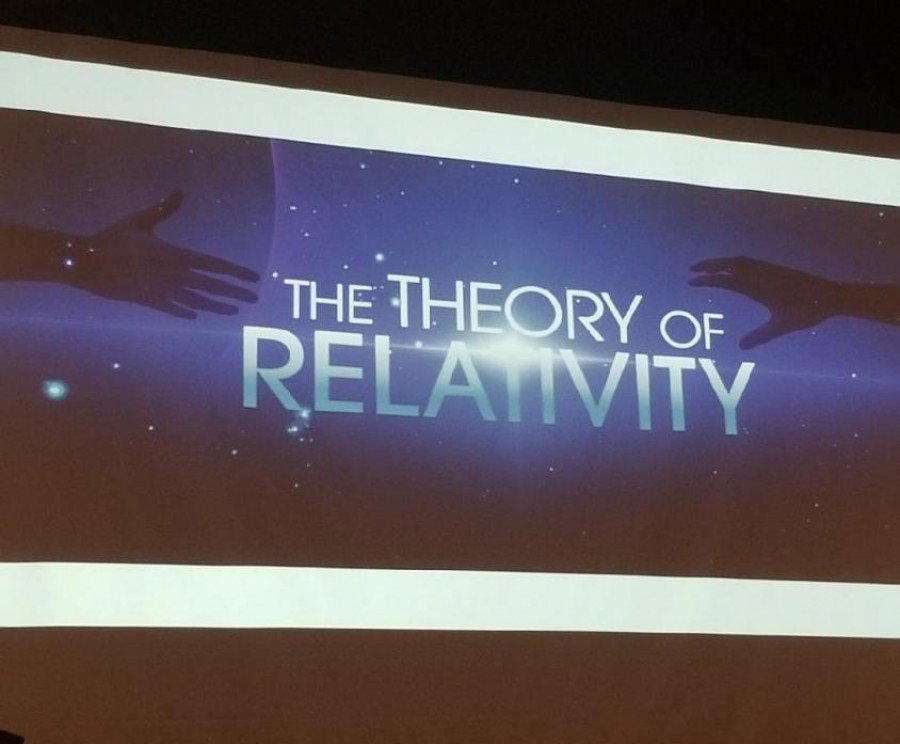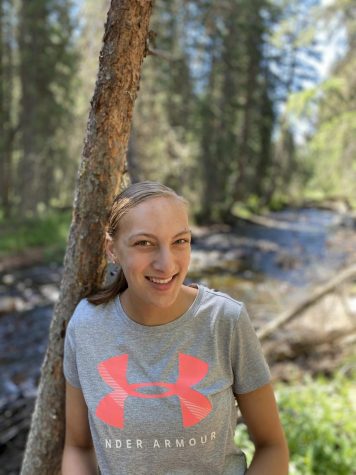The beginning of the school year at Pleasant Valley is always filled with a variety of activities. This unprecedented year is no different; however, it has brought an interesting new change to the drama department.
Every fall, PV Spartan Drama puts on three shows: a fall play, the musical and fall improv night. Each is a big hit, but none of them bring in as big of a crowd as the musical. This year’s musical is “The Theory of Relativity,” and for the first time ever, the show will be performed on two different weekends with two different casts.
The cast list, posted on Sept. 4, revealed a ‘blue’ cast who will perform on Oct. 29, 31 and Nov. 1, and a ‘gray’ cast who will perform on Nov. 5, 7 and 8. This isn’t a division of talent as each cast is filled with students from every grade and has an equal amount of capability and experience.
The musical’s director, Christina Myatt, says the decision for this new format was made due to COVID-19 concerns. “We needed to choose a show with a smaller cast as opposed to our regular 30 to 40 people,” Myatt explained. “Each show has 13 people on stage, and in doing this, we saw an opportunity to involve more students if we double cast the show.”
Senior Emma Engler was definitely surprised to find out the musical was being double casted. “We’ve never done anything like this before, so I was wondering how we were going to make all of this work, especially while doing the fall show simultaneously,” she mentioned.
Despite having two casts for one musical, Myatt feels there are many benefits to this new format. “The show is an ensemble show, and in an ensemble show, people must switch between [lead, secondary, and ensemble] roles – sometimes being featured, sometimes being the ensemble support for another,” she said. “Those experiences make stronger performances that value the role of each individual onstage.”
This new setup of “The Theory of Relativity” also allows for all interested students to participate. One of the cast members is a 100 percent online student who only attends extracurriculars through the computer. By casting the student and then recording their part, the student is then able to be incorporated into the final product.
“I think having another person doing the same role as you is a super interesting concept,” Engler commented on other benefits. “In theatre, the way you deliver lines or your body language can completely change how you are displayed to the audience. Knowing that I’ll be able to watch someone else’s interpretation and have someone to bounce ideas off of is really cool!”
As for whether or not the double casting of shows will continue in the future, Myatt says it’s hard to say. “Each year is unique in terms of staffing and world events,” she said. But even with the uncertainty of what comes next, Myatt is confident there will be many ways of ensuring performance opportunities for the drama students.









